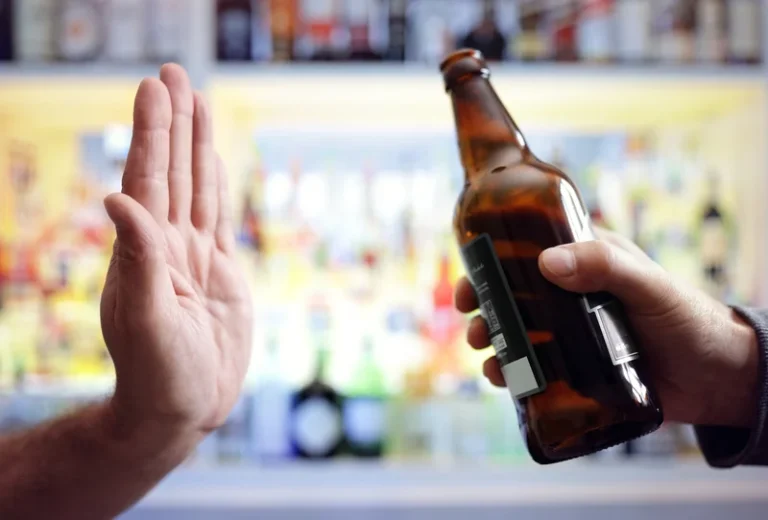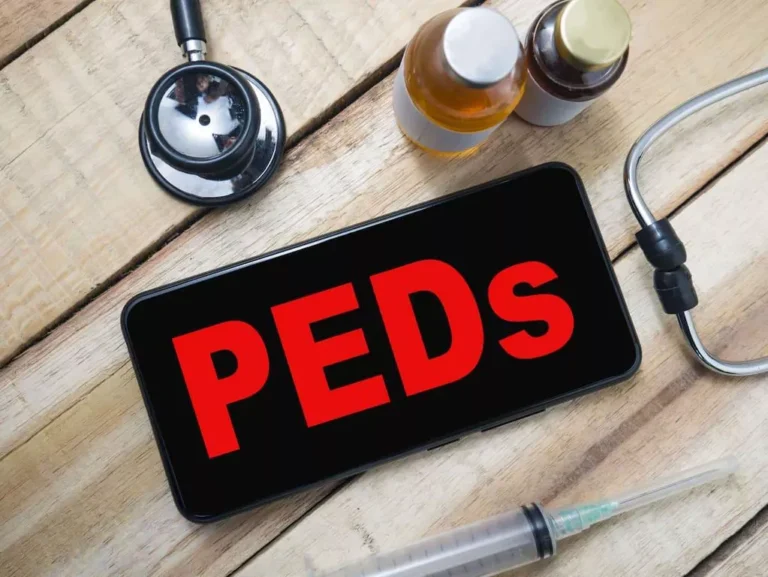Therefore, anyone could benefit from learning tolet go of feelings of guilt and shame. As a result of this obsession and compulsion, the addictoften does things that cause them guilt and shame. The addict relieves the painof guilt and shame by using more of their drug of choice. When the addictbegins the recovery process, these feelings of guilt and shame return. Theaddict is flooded with memories of the mistakes they made, the people they hurtand all the things they wish they could undo.
How Do You Deal With Shame And Regret?
When you’re caught up in feelings of guilt and shame, you may begin to feel as though you deserve these bad feelings about yourself. Ultimately, you are punishing yourself for the things guilt and shame in recovery you did in your addiction, and that doesn’t do you, or the people around you, any good. If your feelings are too overpowering to deal with alone, talk to your doctor or counselor.
Find support now in your local area
- This self-recrimination– and acceptance of the blame from other people – can overwhelm the person, because past mistakes cannot usually be undone.
- And so I realize it’s definitions, but it’s really important that at least people understand the way I’m defining them.
- Substance abuse is one way people achieve this, even if it’s for just a short time.
- However, excessive guilt can become counterproductive and lead to self-blame and low self-esteem.
- When individuals feel guilty or ashamed, they may turn to harmful coping mechanisms to alleviate the effect on their mental and physical health.
- This downward spiral can only be stopped by a significant and powerful intervention.
Being able to forgive removes the shame and feeling that you can move on. Forgiving ourselves or others and releasing that choking experience of guilt is crucial to overcoming a relapse or pushing through on your journey of recovery. It’s important to forgive others too, as when you do so, you let go and accept. It may not make things right or just, but it means you are willing to let mistakes that happen, happen and you don’t want to feel responsible for the things you can’t control. Whatever your religious or spiritual beliefs, asking your higher power for comfort, compassion and forgiveness can be a powerful step in forgiving yourself.
Effective Coping Strategies for Shame and Guilt
Practicing self-forgiveness allows individuals to move beyond their past by acknowledging their mistakes without condemning themselves. Shame and guilt are often used interchangeably, but they have distinct differences. While guilt is a feeling that arises from one s actions, shame is feeling bad about oneself as a person. Guilt motivates people to make amends for their mistakes and take corrective action, whereas shame causes individuals to feel worthless and undeserving of love or respect.
Best 20 Healing Shame Exercises To Break Free From Toxic Shame

Admitting that you have made mistakes and done something wrong stops the cycle and frees us from our prison of guilt and shame. You can face your wrongs and take responsibility by verbalizing what you have done and preparing yourself to accept the consequences. Accepting the consequences for behavior is being accountable. Over the past 15 years in which I have been a counselor, I have worked with individuals who have battled a variety of different addictions over their lifetime.
Embracing Step Four – Confronting Your Past to Overcome Addiction
If active addiction has the highest amount of stigma, it’s the bottom rung on the ladder in terms of disorders. If I’m in recovery, what does that imply or indicate Well, it indicates I was addicted, not a good thing. So by that kind of guilt by association, whether I’m actively addicted, or actually committed in recovery, you still have a tremendous amount of stigma in general society.

Learning to identify negative emotions is the first step to stopping them. The role of uncomfortable emotions in recovery typically requires seeking professional counseling. Attending recovery groups like Alcoholics Anonymous and seeing a counselor are integral parts of the recovery process. Guilt and shame can become overwhelming and often are one of the biggest obstacles for people seeking sobriety.

